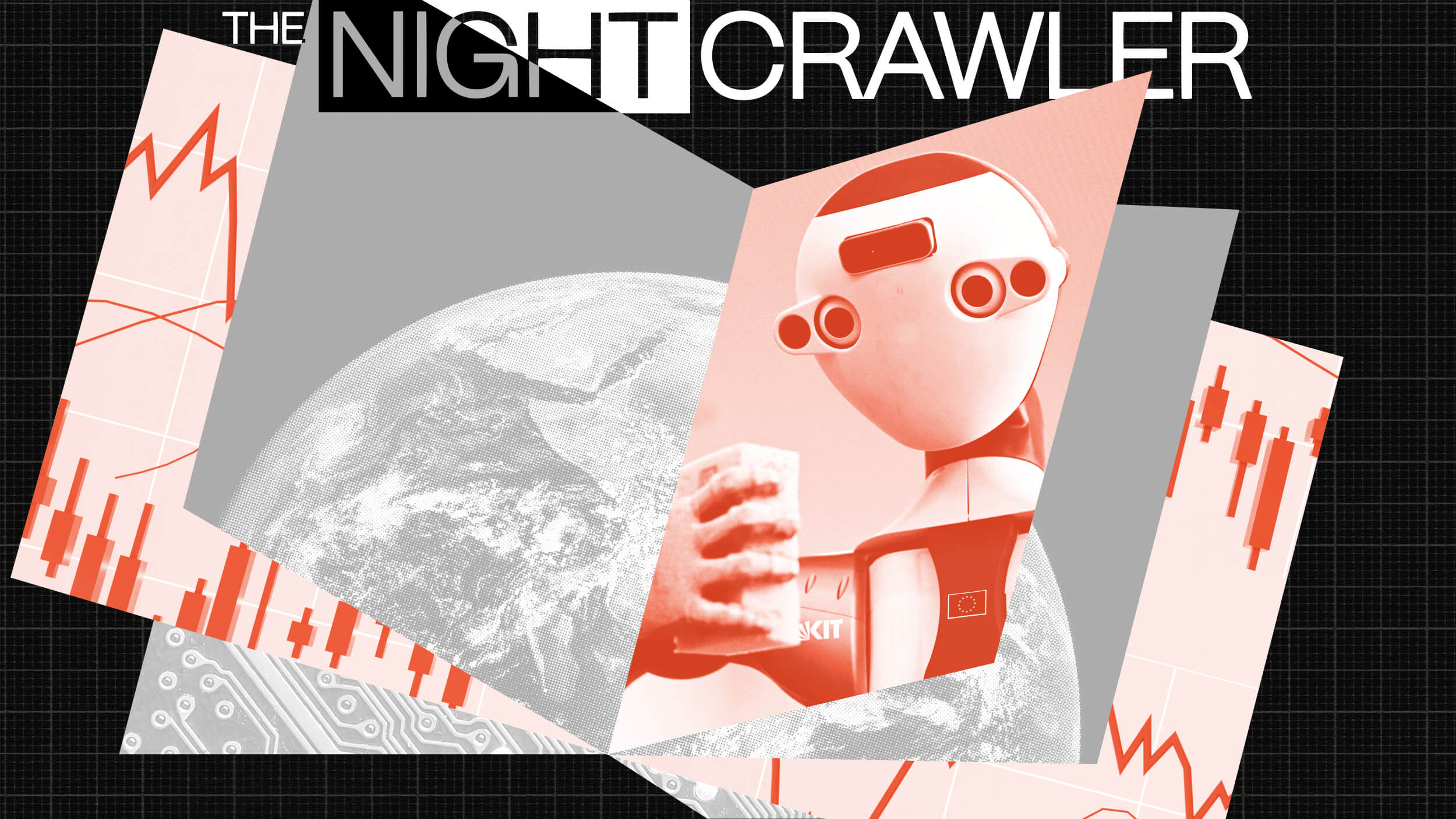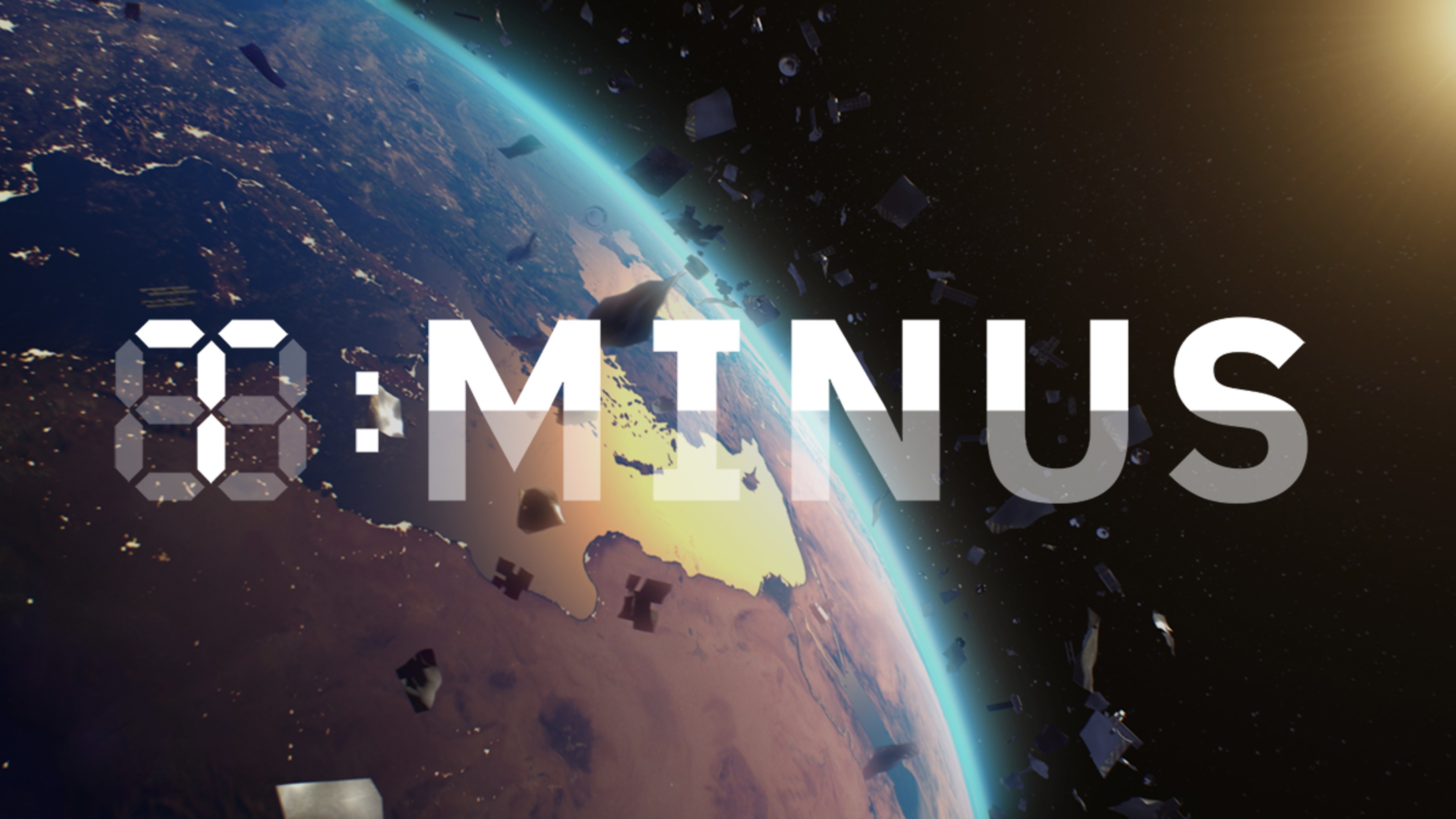Today there are probably more Democratic politicians who have served in the military than Republicans, says General Clark. Yet history has branded the Dems as the “Mama Party.”
Question: Why are Democrats viewed as weak on defense and somehow lacking in patriotism?
Wesley Clark: You know, I was a soldier in Vietnam. I was an Infantry Company Commander. I came back, I was wounded; came home on a stretcher in 1970. And I did another couple of Army jobs and ended up teaching at West Point and I would read in the New York Times every day from my perch 50 miles above New York City on the Hudson. I was kind of shocked at the anti-military attitudes that were present in the country.
I remember in the spring of 1971, a hundred thousand people converged on the Pentagon in June of 1971. They threw blood; I guess it was goat’s blood or something, on the steps to the Pentagon. People were being accused of being murderers and baby killers. You just can’t imagine the civic outrage. Now most of these people were not wearing suits and ties, most of these people showed some evidence of being associated with the more free-thinking elements of society. You could call them counter-culture, and you would say these people were also probably voting Democratic. That is to say, they didn’t like their parents’ authority, they didn’t like government's authority, and they didn’t like the university’s authority. They were more free thinking because the authority meant, in the minds of many people of this generation, "We’re gonna get drafted. We’re gonna go into the military and we’re not gonna make it out of Vietnam."
Some people went to Canada, a lot of people protested. It’s also, of course, a great way to meet girls, and so if you were a young guy and you were looking to have a good time, there's nothing like a good street demonstration to do this—especially in the United States because it’s not too dangerous and people are really nice and they get along really well.
But that was the early 70’s, and this attitude was, of course, picked up by members of Congress because people run for office. I remember when Senator Kennedy led the fight against the supersonic transport. We were actually gonna take the B-58 Bomber and just like the Europeans did when they built the Concord, we were going to have our own supersonic transport, and it would have been civil aircraft, but we were putting a lot of money in it. At the time, it was, the, you know, the people against the technology and Senator Kennedy represented that. And this technology was part of the military industrial complex, it was spin-off. It would have put us in a really world-leading position on aviation technology, even more so that we already were in, but you know, enough was enough.
And so we decided to put out national priorities in other directions. And the Democrats kind of became the party of this voice. When it was discovered that there was a secret bombing campaign in Laos in 1972, Richard Nixon was the President, he was a Republican. And it was natural that at the same time that Nixon had done the Watergate break-in, and Democrats in particular were outraged against the President’s conduct, here he was doing a secret bombing campaign against the wishes and intent of Congress. And so they became outspoken on this.
The war ended the next year, in 1973. Our prisoners came home and Nixon resigned, and Vietnam became an item of history. But the legacy of Vietnam was that it was the Republicans who were doing the fighting and it was the Democrats who were doing the objecting. And the objecting was not only to the policy, it was also to the people who wore the uniform. Now, I know, maybe Democrats don’t want to hear that today, but that’s the way it was. And I was one of those young people who was told, you know, you didn’t have to wear your uniform, you know, in Washington D.C. too much because people didn’t welcome it. Today, if you wear a uniform and you’re on an airplane, the flight attendant may say, let’s give a big round of applause to our men and women who are fighting in Iraq. That was unheard of in the 1960’s. And we had thousands of soldiers who came out of that war with PTSD exactly like the PTSD that people have today coming out of Iraq, but we didn’t even know what to call it then. We thought they were like druggies, or hippies, or maladjustment problems. They got washed out of the military, in reality, there were a lot of emotionally damaged and sometimes physically impaired young men who had served their country, tried to serve it well and under some difficult circumstances, and without all the support mechanisms that are in place today.
But we didn’t understand all of that then. And so, what happened was, the Democratic party, it had a sort of residue of... and then when President Carter was elected in 1976, the idea was to get rid of dishonesty and the criminality of government that had emerged with the Watergate case. And unfortunately what happened was that we had the fall of the Shah of Iran, we had the Americans taken hostage in the American Embassy. And this... we tried to mount a military rescue and the military rescue was a fiasco. Some people claimed it was a weak military blamed on the administration, and President Carter was defeated for re-election. Ronald Reagan came in and he became the voice of a strong, rearmed "morning in America." And this sort of became the image set in stone. So Democrats got tagged with not being strong on national security.
And today in the Democratic Party, actually if you go and look at the people who were elected into office, you say, “How many of you all served in the military?" There’s probably more Democrats who served in the military and are veterans than there are Republicans. And certainly that’s true amongst the youngsters. But if you go to the Veterans of Foreign Wars and the American Legion Halls and you ask people, “What do you think about those political parties?” These World War II, Korean War, Vietnam War veterans, they’ll tell it to you straight. They don’t have anything against Roosevelt and Truman, but in the 1970s and '80s, the Democrats, they didn’t believe in a strong America, they wanted to make us weak. It may not be true, but it’s the mythology that’s out there in the political view and it’s been aided, promoted, and taken as a theme by the Republican Party.
They want you to believe that they’re stronger on national defense. That’s the reason I wore the American flag lapel pins. And, whether they’ve served in the military or not, they’re the first ones to want to throw our military into a problem because it’s tough, it’s strong, and you know, they’re the "papa party," the Democrats are the "mama party." The Democrats are for victims, they’re for the little guy, they’re—they’re oh so compassionate, everything’s so nice… but the Republicans, they’re big and they’re tough and they’re mean and they’re... “Boy, we’re gonna get after you if you try to threaten us.” And that’s the characterization of the parties. And it’s out there as a sort of mythology that underlies all of the day-to-day happenings of the American political system.
Recorded September 23, 2010
Interviewed by Andrew Dermont





